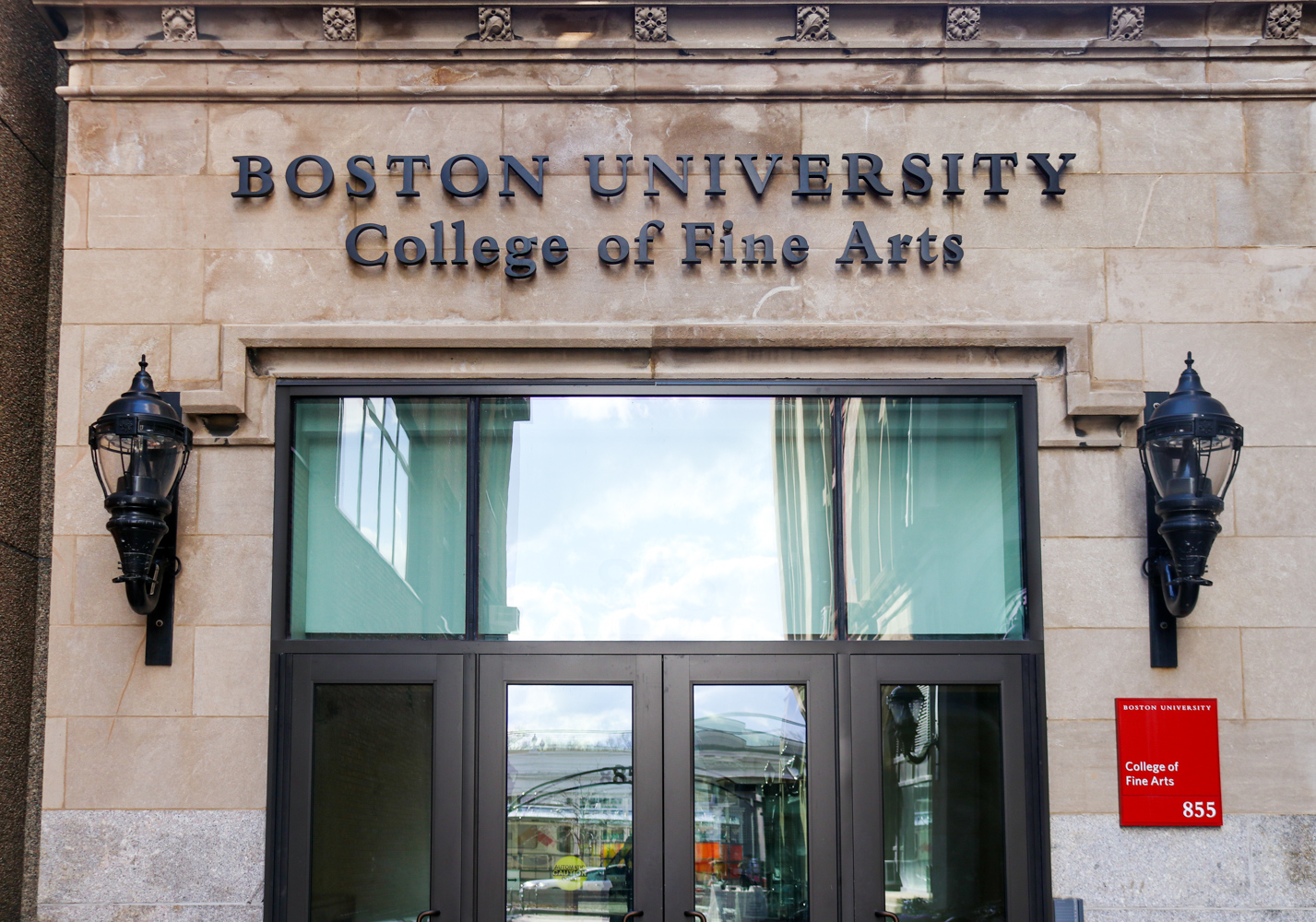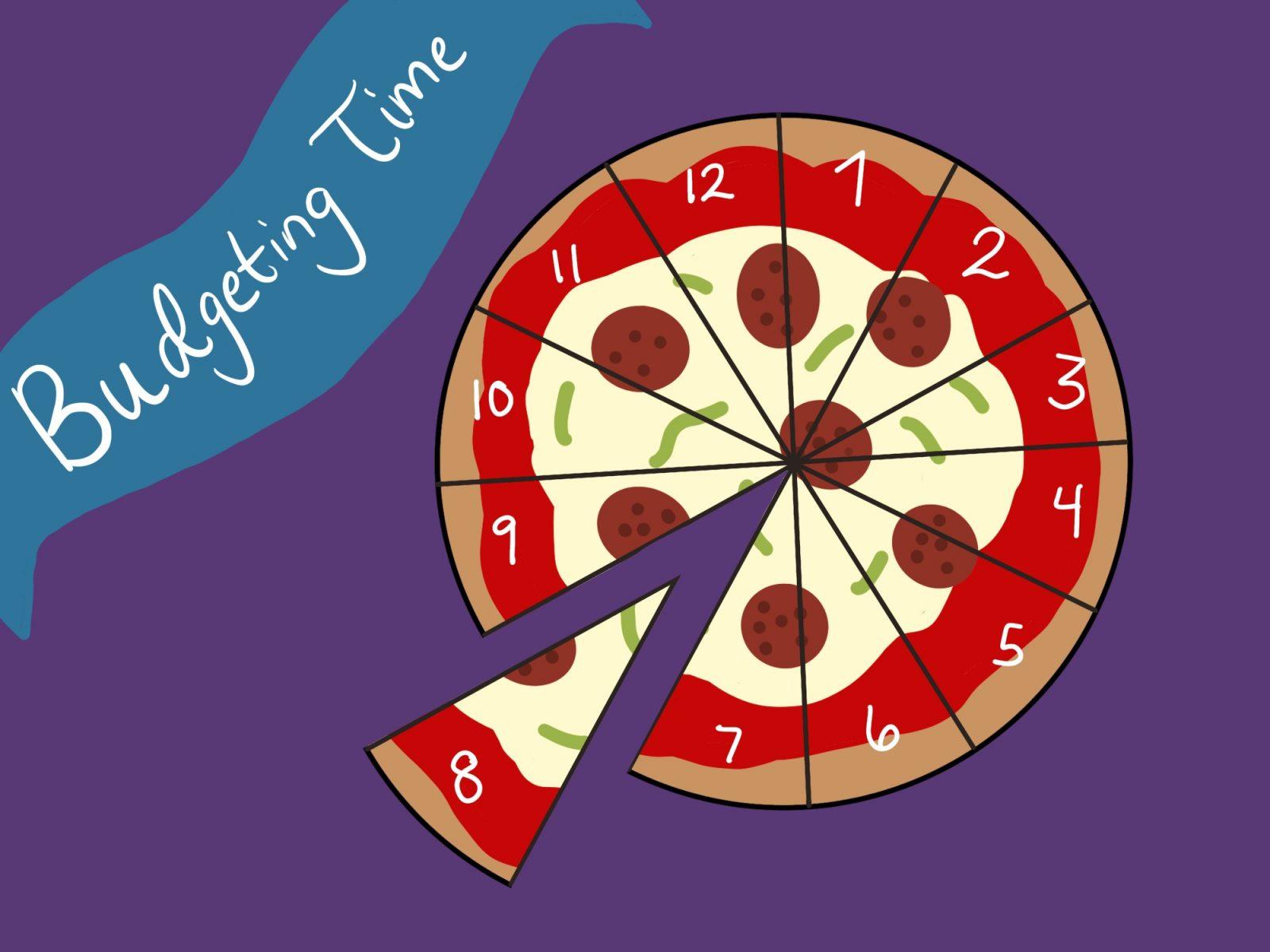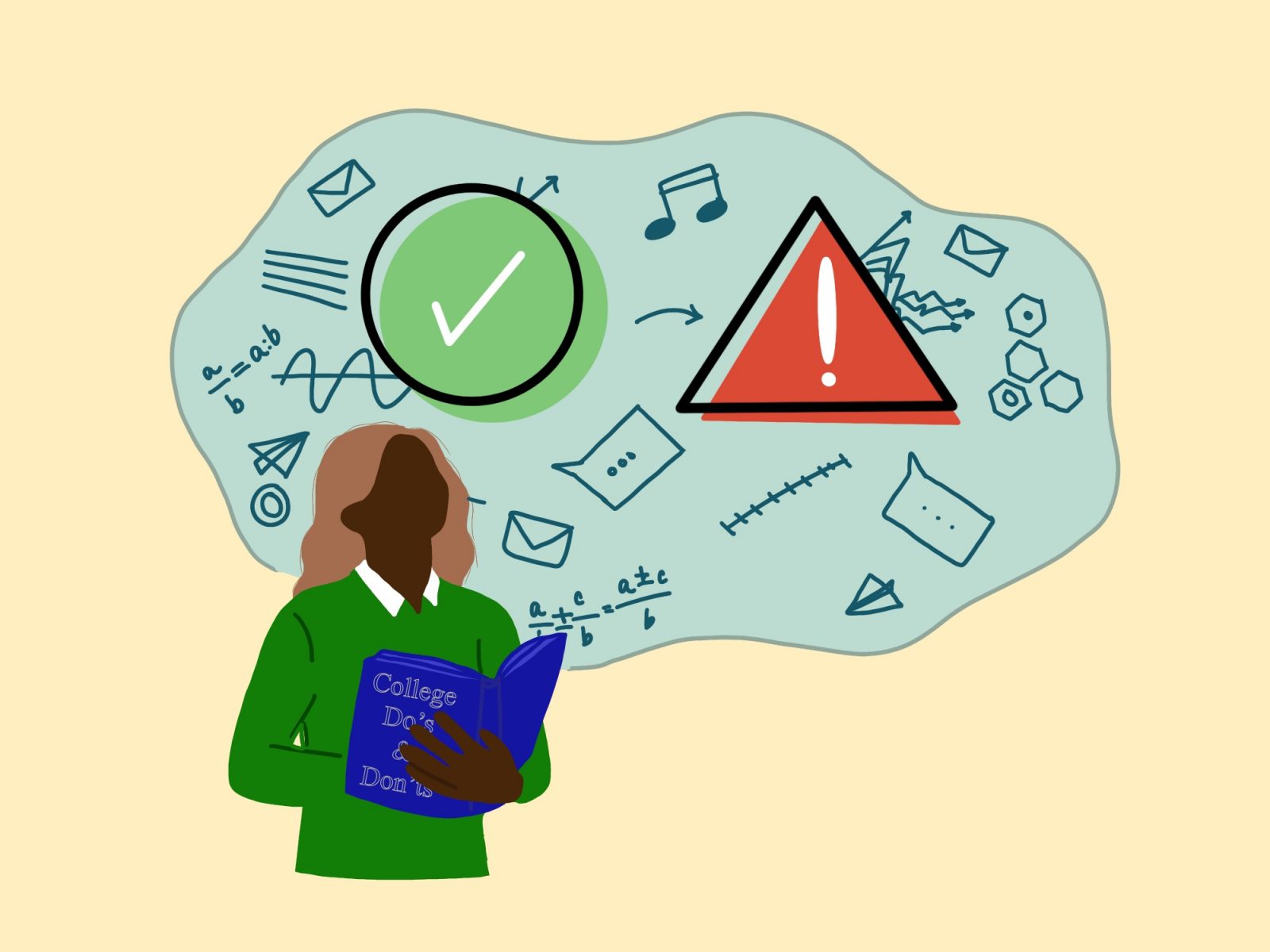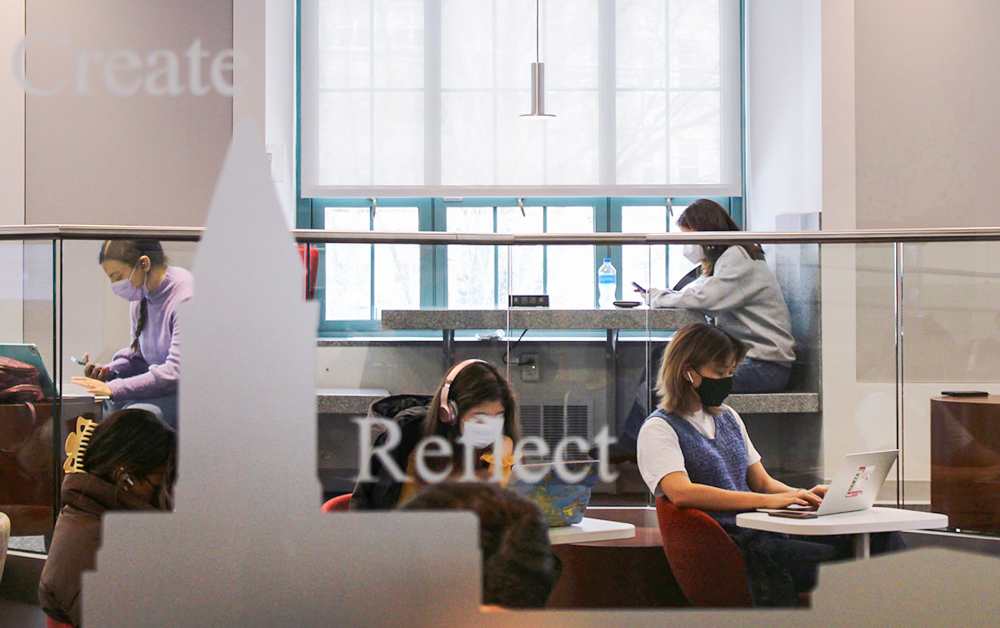Freshmen entering schools such as Boston University may not be as prepared for college as their high school teachers believe, according to a new study by ACT officials.
The study’s results indicate a discrepancy between the opinions of college professors and high school teachers regarding students’ preparedness to take college courses, said ACT Director of Public Relations Edward Colby.
“The overall survey is designed to get a sense for what is being taught,” Colby said. “… We’re still looking at all the detailed findings regarding the curriculum and skills, but what we released this week was a report that looked at some attitudes and some other areas that we discovered as we were looking through the data.”
Colby said ACT officials conduct the National Curriculum Survey every three to five years and distribute it to teachers at all levels. The current installation was released Wednesday.
“We survey teachers at the elementary, middle school and high school levels, as well as instructors of first-year college courses all across the country,” he said.
Eighty-nine percent of high school teachers believe their students “are ‘well’ or ‘very well’ prepared for college-level work in their subject area,” while only 26 percent of college instructors agree, according to the survey.
Colby said almost 10,000 teachers responded to the survey, which asked what skills teachers believe are the most important for students in their respective subject areas and what skills they actually teach. Post-secondary instructors were surveyed about which skills they believe are most crucial to success in first-year college courses.
BU writing professor Jura Avizienis, who teaches freshmen in Writing 100 and Writing 150 classes, said members of the Class of 2017 have been well prepared in structuring arguments.
“I get the impression that a model for writing gets dropped into their heads [before college] and it’s very hard for them to get out of that,” she said. “They’re really good with all the technical parts of a paper. They know how to structure an argument.”
However, Avizienis said students lacked skills in other areas such as content analysis.
“Technically and superficially, they’re amazingly strong, but I find they’re not so good at analytical thinking,” she said.
Several BU students, however, said they felt as if they were sufficiently prepared for college-level coursework when they began school.
“To be honest, I felt pretty prepared for the workload,” said College of Arts and Sciences freshman Gretchen Donlan. “The amount of responsibility they [college professors] give you and that you have to plan out for yourself is what I was least prepared for.”
Ben Coleman, a CAS freshman, said he felt properly equipped with the study skills necessary for college-level exams.
“Unlike high school, you are in a class because you are interested in the material and because you want to learn it,” Coleman said. “The professors will help you if you seek them out, but you definitely will not get extra attention from the professors automatically if you are failing.”
Improving access to classroom technology and familiarizing high school teachers with increased standards can help eliminate the disconnect, according to the study.
“Writing is taught exclusively in the context of writing English papers — even though my training was literature, my courses are more political and geographical and I don’t want them to be looking for symbols and meanings,” Avizienis said. “I want them to be engaging with arguments. That’s what high schools need to do more of.”
Sarah Bassett, a College of Fine Arts junior, said self-discipline is an important skill for college students to possess.
“It [self-discipline] is something you’re born with, but you can definitely teach that,” she said. “In college, you have a lot of time on your own and you get distracted and that’s when you don’t do well.”
Bassett said she was unprepared for living on her own when she transitioned from high school to college.
“They tell you it is going to be a huge transition, and then you don’t really understand it until you actually go through it,” she said. “… There’s the whole social aspect that people do not tell you about, and you get distracted and lose track of study time, and that’s what you’re here to do.”





























































































































